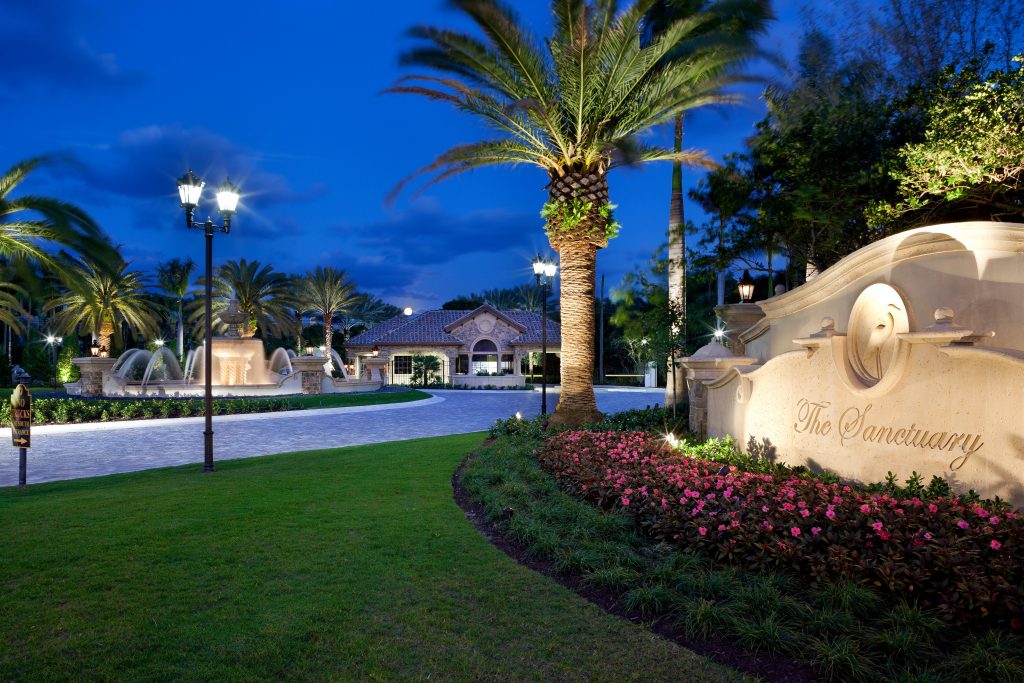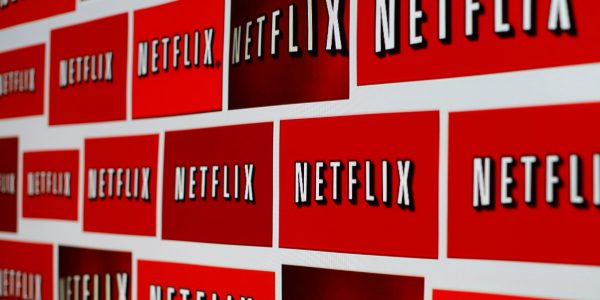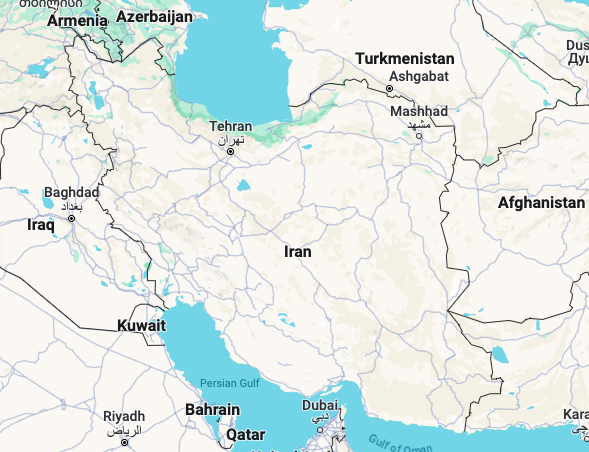- Wealthy Americans are increasingly worried for their safety and are spending more on security.
- The Sanctuary, a Florida millionaires' enclave, has a 24-hour security patrol on land and water.
- The agent who markets The Sanctuary said buyers who had migrated were bringing fears with them.
How far would you go to protect your home? For some, forking out $24 for a security camera on Amazon is perfectly adequate. But for others, spending $30,000 a year to live with 24-hour armed security and a curfew, all surrounded by the luxury equivalent of a medieval moat, is the only way to go.
The Sanctuary in Boca Raton, Florida, is one example of a growing demand for highly sophisticated security systems among wealthy buyers. Homes in the sanctuary cost an average of $6.5 million to $7 million, while each individual spends about $30,000 a year on the security detail.
Similar to the set-up seen in the first film of "The Purge" movie franchise — where wealthy Americans lock themselves in their home with state-of-the-art technology to avoid civil unrest — the community includes a roving patrol on land and water, armed response, and infrared sensors on walls.
'Even the US postman can't enter'
Gerard Liguori, co-owner of Florida-based Premier Estate Properties, which brokers homes in The Sanctuary, told Insider that security was playing an increasing role in the behavior of wealthy buyers.
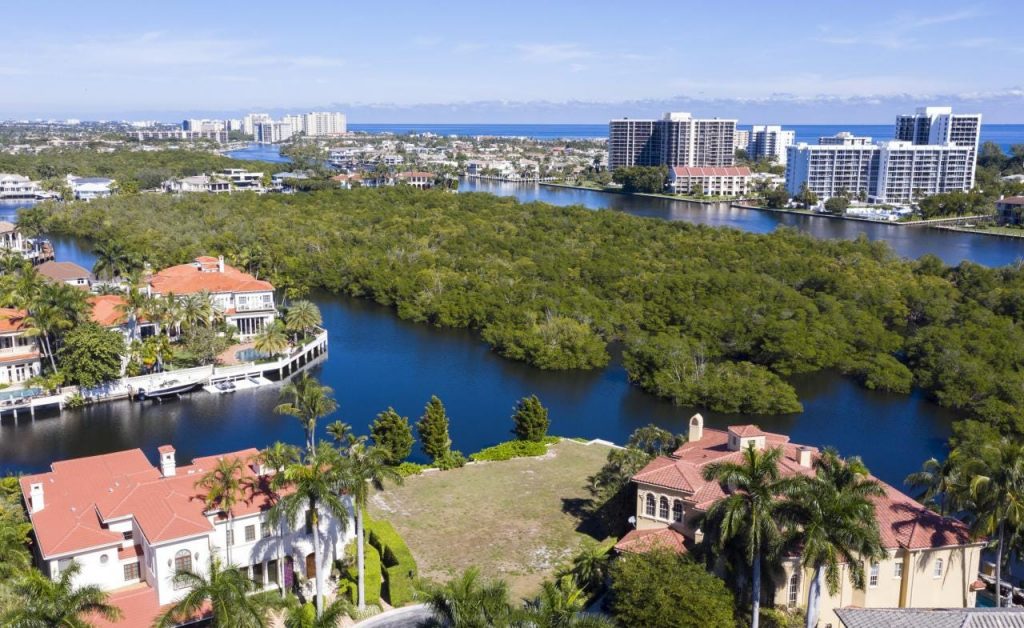
"Even the US postman can't enter the community," Liguori said. "It's armed response, all of the security is armed. There are two gates, the main gate and the service gate, and anytime anyone comes in they are ID'd and then they have a picture taken of themselves, their car, and their license plate. So at all times, everyone knows who's in, who's out."
He added: "There's a roving patrol on the road in a golf cart, and on the waterway, so you have an interior canal. There's 24-hour security on that, and they have cameras on the north and south entrance. So if anyone comes in they are picked up on the camera. All streets have cameras and infrared protection on the wall."
Guests are allowed to stay in the community from 9 a.m. until 4.30 p.m. each day — a highly restrictive system to determine who is in the community at all times. During the height of COVID-19 restrictions, almost all non-residents were banned from entering.
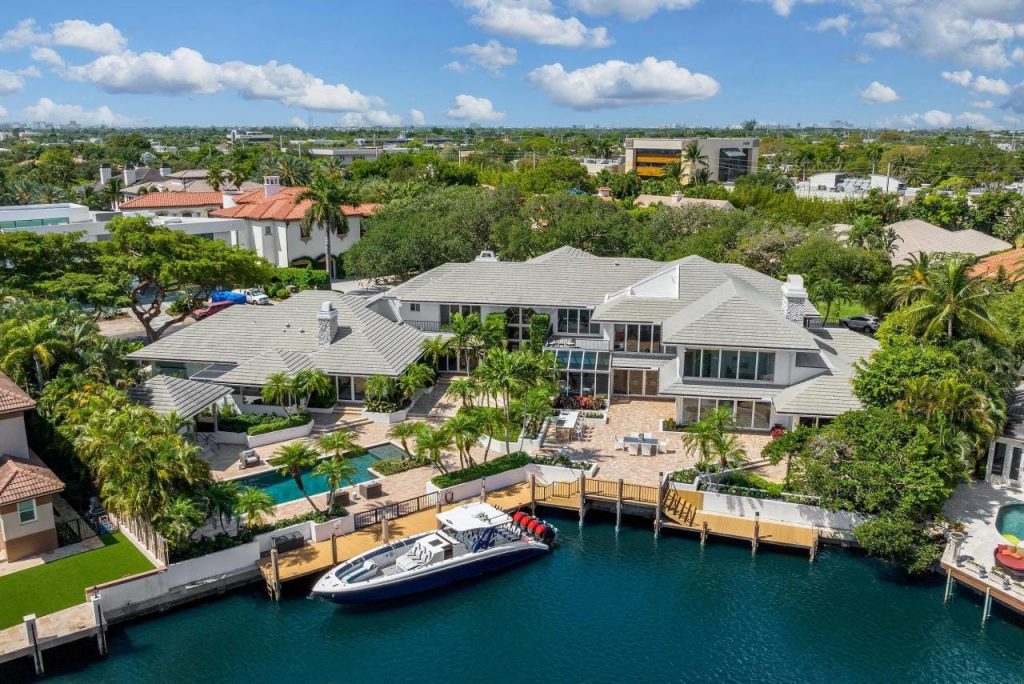
Americans are scared for their safety
While the average person might regard these measures as excessive, they reflect a growing trend of insecurity among America's wealthy.
Crime is rising in affluent neighborhoods across the US. In Chicago, this has led to households hiring private police, while demand for safe rooms has skyrocketed in LA homes. Insider's Doree Lewak reported how billionaire owners of superyachts were turning their boats into "floating fortresses," spending millions a year to protect themselves.
A survey by SafeHome, a home security research group, found 49% of Americans were "afraid" or "very afraid" of civil unrest, while 35% were worried about burglary and robbery.
Ryan McGonagill, director of industry research at SafeHome, said that while Americans were more afraid for their safety in groups, those with the means to do so still wanted to equip their home.
"In terms of wealthy Americans vs. those with average incomes, it likely boils down to two things. They have more physical assets to protect, and they can simply afford to invest more in home security," he said.
Liguori agreed that for those able to afford it, the high level of security was a no-brainer, particularly those who have migrated from cities like Chicago and New York.
"It's where they're coming from. Even in the upper east side of New York you're seeing more crime," Liguori said. "Wherever you are you become a target. You are very sensitized by it by where you're coming from."
He added: "A disgruntled employee getting upset, it avoids that kind of scenario going on. You never know, so everyone's taking a more precautionary measure with regards to security."
